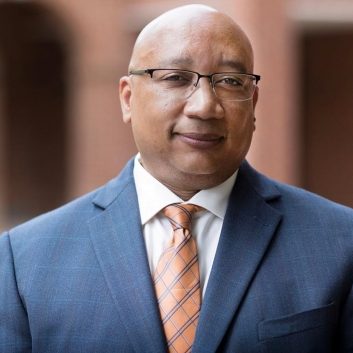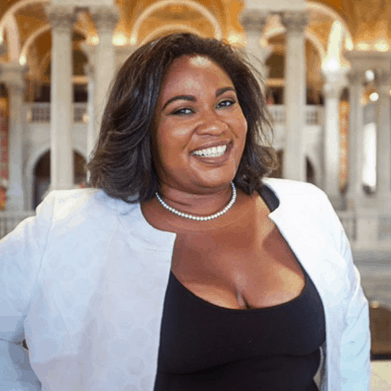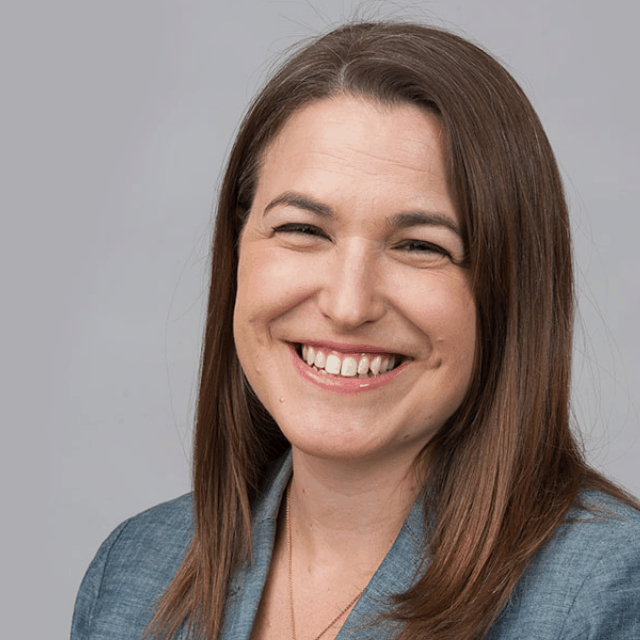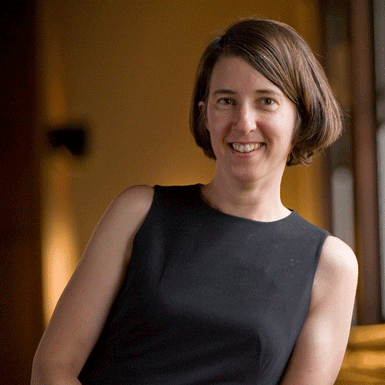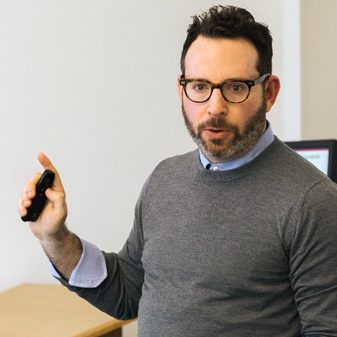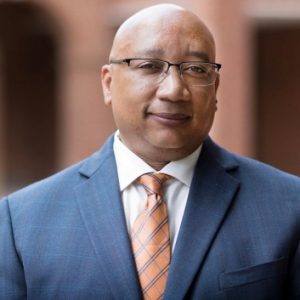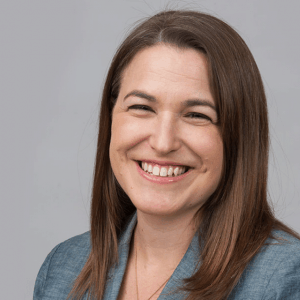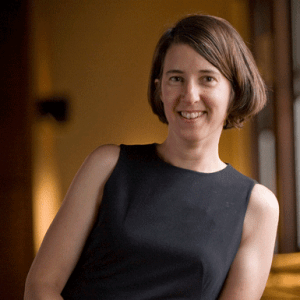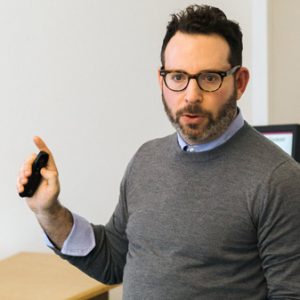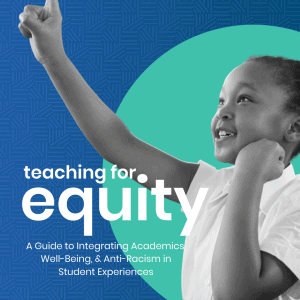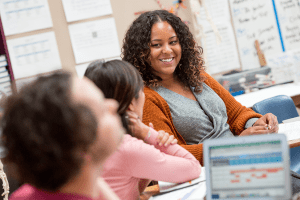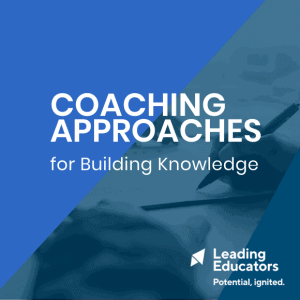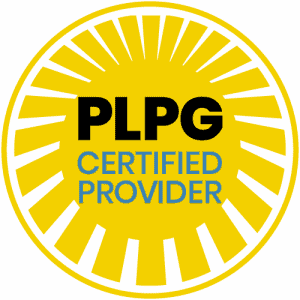
Illuminating the Instructional Experience
At a time when there are calls to reimagine education, how can we better understand what is happening in teaching and learning to create responsive interventions?
- Over the past two decades, there has been an increasing focus on measuring outcomes in education. Families care deeply about their child’s education. Policymakers want to understand whether investments in education are working. Unfortunately, many of the most common evaluation methods are lacking in key ways. Illuminating the Instructional Experience tells the story of how we collaborated with a team of researchers for more than a year to devise a better way forward.
Report: Illuminating the Instructional Experience
Four years after closely aligning our teacher support to content standards and standards-aligned instructional materials, we were finding that we lacked ideal methods for seeing changes in teaching and making adjustments. After consulting with partners, research literature, and peer organizations, we recognized that this was a sector-wide problem.
To solve this challenge, we created an advisory board of research and practice experts and collaborated around common evaluation needs. Our new report shares what we learned about considering academics, well-being, and cultural responsiveness in teacher practice as well as the questions we still have for the sector.
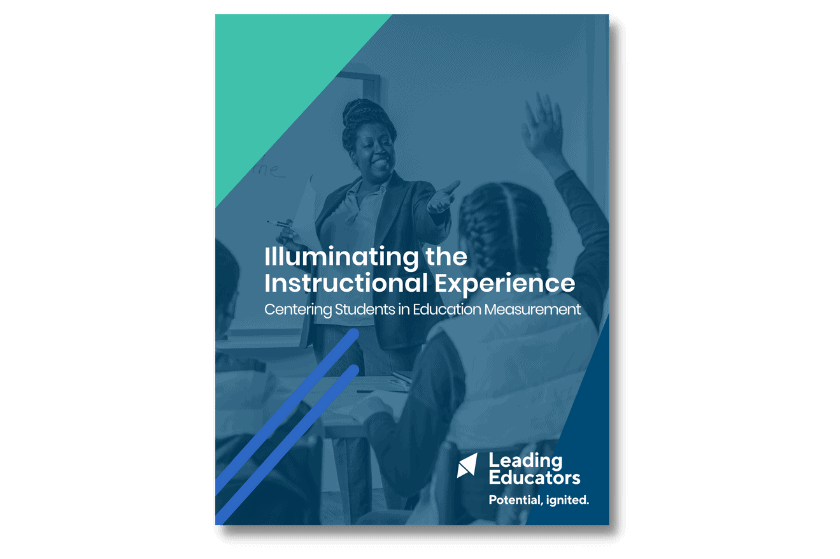
Bringing the Report to Life
To accompany the release of this report, we brought together three of the advisors for a virtual panel about the big takeaways. During this one-hour session, they cover the importance of all students having access to grade-appropriate tasks and teaching, how mindset manifests in the classroom, and why teacher evaluation should be paired with professional learning.

Dr. Hill: "Data alone isn’t the question – it's about how it’s used."
In an ideal system, you would have professional development aligned to the observation system. That’s not the system we put together in the United States. Teachers have to be involved and have agency in their own growth. This is an area where we can do better.

Dr. Berry: "How do we create spaces where students are willing to be participatory?"
The participatory classroom gives teachers access to students' thinking. When students are willing to take the risk to participate, it gives teachers the opportunity to know what students understand and what work teachers can do to support them.

Dr. Daughtery: "Instruments can’t capture hearts and they can’t capture teachers’ biases."
Many variables go into teaching, so it’s really hard to figure out what effective looks like. One thing we know for sure is that 99% of the time in the lesson, kids need access to grade-level texts. That doesn't change this next year.
About Robert Berry
A former mathematics teacher, he teaches elementary and special education mathematics methods courses in the teacher education program at the University of Virginia. Additionally, he teaches graduate level mathematics education courses and courses for in-service teachers seeking a mathematics specialist endorsement. His research focuses on equity issues in mathematics education, pre-and in-service teachers’ mathematical knowledge for teaching, and mathematics instructional quality. Berry has extensive experience in classroom observation and has collaborated with other researchers to develop an observation instrument, Mathematics Scan, to examine mathematics teaching quality.
About Miah Daughtery
After graduating from the University of Michigan, Ann Arbor, Miah began her journey as a reading and English teacher in the Detroit Public Schools. From Detroit she moved to the Clark County School District (CCSD) in Las Vegas, NV, where she continued to teach and build an expertise in secondary ELA, standards, adult learning, curriculum development, and professional development by serving as a district secondary literacy project facilitator, serving all of the district's middle and high school ELA teachers. After a suite of rich and robust experiences as a district leader, Miah transitioned to the Tennessee Department of Education where she served as the K-12 Literacy Coordinator. In this capacity, Miah's primary responsibilities included developing systems to ensure content accuracy and alignment for the literacy portion of the state assessment, TNReady.
In 2016, Miah completed her doctoral studies at Vanderbilt's Peabody College, obtaining an Ed.D in Educational Administration and Public Policy. Miah joined the Achieve staff in 2016 as the Director, ELA & Literacy. In that role, Miah led the work of ensuring states maintain high college-and-career standards for ELA and assessment systems that align to those standards. Miah provided guidance to states reviewing and revising their state standards and assessments.
About Jessica Eadie
Jessica holds a bachelor's from Boston College and a master's in business administration from the Kellogg School of Management, Northwestern University.
About Heather Hill
Hill and her team have developed assessments that capture teachers' mathematical knowledge for teaching and teachers' mathematical quality of instruction, assessments now widely available to researchers, instructional coaches, evaluators, and policy-makers via online training and administrative systems.
Hill is a fellow of the American Educational Research Association (AERA), and serves on the AERA grants board, on the editorial boards of several journals, and as an advisor to numerous research projects and policy efforts in both the U.S. and abroad. She is co-author of Learning Policy: When State Education Reform Works with David K. Cohen (Yale Press, 2001).
About Matthew Steinberg
Dr. Steinberg is an Affiliated Researcher with the University of Chicago Consortium on School Research, a Faculty Affiliate with the Annenberg Institute for School Reform at Brown University, and an IUR Scholar at the University of Pennsylvania Institute for Urban Research. Dr. Steinberg's research addresses issues of educational significance at the intersection of the economics of education and education policy, including: teacher evaluation and human capital; urban school reform; school discipline and safety; and school finance. His work informs local and national policy discussions on the impact of education policies and practices on the distribution of teacher effectiveness and the educational outcomes of students, particularly the most disadvantaged among the population.
A recipient of the 2016 National Academy of Education/Spencer Postdoctoral Fellowship, Dr. Steinberg received his PhD in public policy from the University of Chicago. Prior to graduate study, he was an investment banker and a New York City Teaching Fellow.



